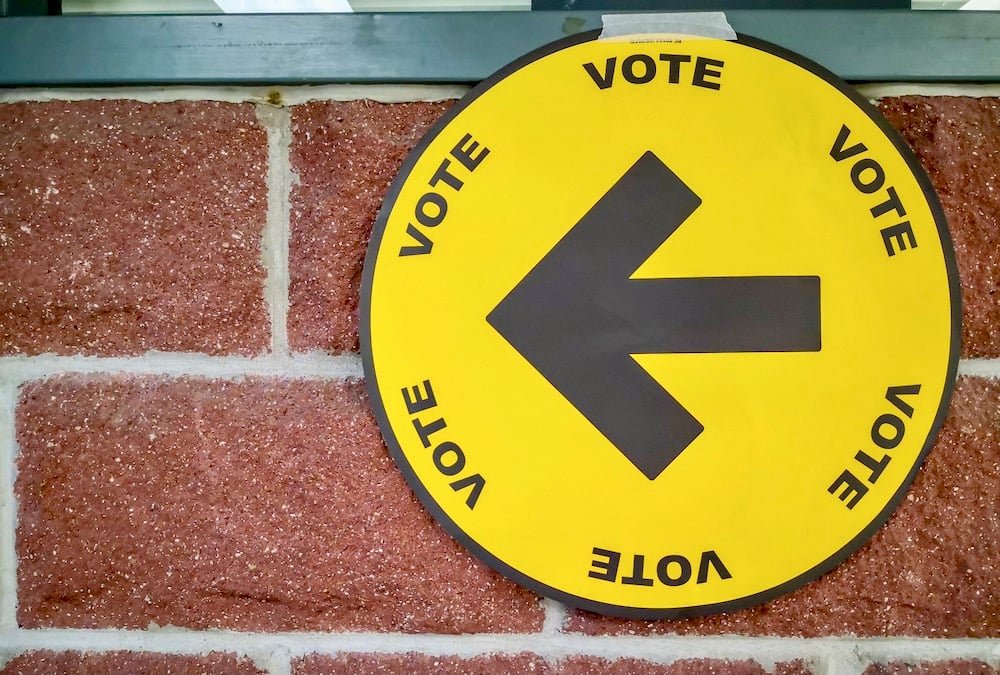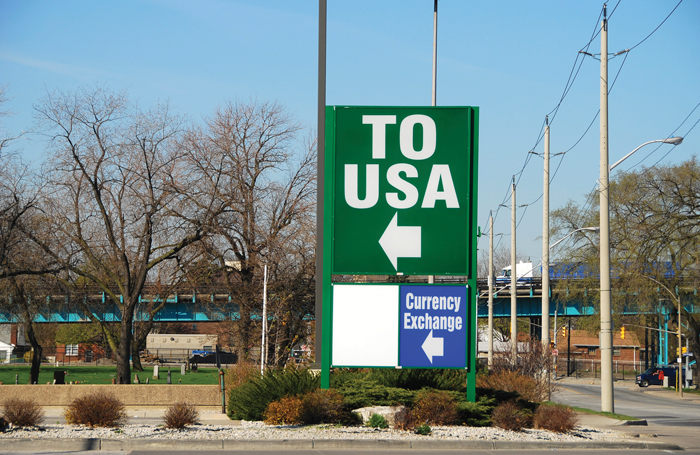While many in rural areas expressed dismay at Manitoba s most recent election results, no one should be surprised.
The results underscore the deepening urban-rural split in this province, a polarization that is both political and geographical. It s a polarity that is gradually disenfranchising rural Manitoba, as it reinforces the reality that any party seeking to govern this province must woo the dominant urban vote. To the extent that comes at the expense of rural issues, so be it.
Note that the Conservatives came out in support of the NDP s Save Lake Winnipeg Act. We know it s not because it s a darn good piece of legislation, so it must be because it panders to the Winnipeg cottage crowd.
Read Also

VIDEO: Feed Eazy bale grinder tops livestock innovation
Tub grinder for bales promises farmers lower-priced alternative TMR mixers, wins a first prize in the Innovation Showcase at Manitoba Ag Days.
It gets worse. The Conservatives are now looking for a new leader and some pundits have already declared that individual will have to be from the city if the party is to have any hope of winning an election.
The way the vote split in Manitoba, the NDP and Conservatives are roughly tied when it comes to their share of the popular vote, but the NDP holds 37 largely urban seats and the Conservatives occupy just 19, mostly in rural areas.
But how can we, outside of the Perimeter, expect anything different when almost half of the population out here (45.6 per cent) doesn t bother to vote, and those who do only know how to vote for one party? That goes for ridings held by both political persuasions.
The only real contest in many rural ridings is getting the party s nomination. And sometimes those contests involve the party elite persuading potential candidates to step aside rather than going head to head with the favoured individual so that coveted illusion of unity is preserved.
In short, one party knows its seat in particular ridings is safe no matter how badly constituents are ignored, and the other party knows it could go door to door handing out gold bricks and still not get elected.
Maybe rural voters need to spice things up a bit, and at least create the impression they are interested in some serious dialogue. Those hotly contested ridings in Winnipeg scored big time when it came to campaign announcements and the average voter turnout was over 65 per cent.
Some of those candidates who aren t given an opportunity to seek the local nomination should be seeking election anyway. If they don t like the other parties, they can always run as an independent, who can wield tremendous power in a small majority or minority government.
The second factor that feeds this polarization is the determination by campaign managers to try to convince us that we are living in the U.S. and voting in presidential elections. We are not. U.S. voters choose their presidents in separate elections from their Senate and House of Representatives.
Canada is a parliamentary democracy, which means we vote for local representatives of political parties, who then choose their leaders, who then become premiers or prime ministers depending upon their party s success at the polls.
Although you wouldn t know it from the ad campaigns, most Manitoba voters going to the polls didn t find the names Selinger, McFadyen, Gerrard or Beddome anywhere on their ballots. And they could be forgiven for not knowing much about the people whose names were before them.
All parties in this province fielded strong, competent candidates in many ridings. Many of them have served effectively in caucus, but they were given little to no profile during the campaign.
Thirdly, rather than circling the wagons and wallowing in their sense of isolation, rural Manitobans need to figure out how to get on side with the urban population.
It s common to hear the complaint that city people just don t understand, that rural areas face special social, economic and infrastructure problems.
As if Winnipeg doesn t have problems of its own, such as a few people intent on burning it down one garage at a time, gang wars and potholes known to swallow cars whole. The not-so-subtle implication of the rural complaints is that life in Winnipeg is universally wonderful. Could it be that this attitude affects Winnipeggers attitudes towards a party whose candidates consciously or unconsciously reflect this view?
Rural Manitobans and farmers, as we have noted in an earlier column, did make inroads in recent times towards fostering more urban-rural dialogue. These initiatives have gone beyond the traditional educating the consumer.
True dialogue means you listen as well as talk. There s an old saying about keeping your friends close, but your enemies closer.
The true wisdom behind that statement is that once you get close to your enemies, you might just discover they aren t enemies at all.















